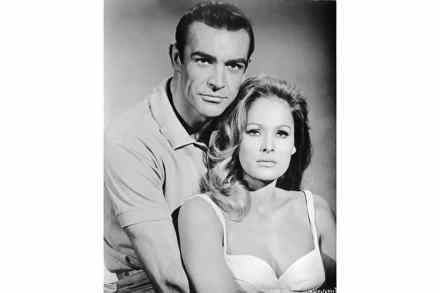The horrors of 1922 included atrocities, assassinations and the rise of Mussolini
Sixty years ago the Daily Express ran a regular feature entitled ‘Just Fancy That!’ Each short segment highlighted some strange coincidence or weird incident that would hook readers’ interests. Human oddities, unlucky mischances, freaks of nature and improbable statistics were dealt out every day. It made for easy reading, but sometimes gave pause for thought. Nick Rennison has adapted the ‘Just Fancy That!’ formula to make a handy book for the bedside table in the visitors’ bedroom. In crisp and evocative snatches, he gives monthly summaries of global events, domestic episodes, newspaper sensations, sporting triumphs and cultural acclaim during 1922. He writes in the friendly tone, tinged with the sense




















